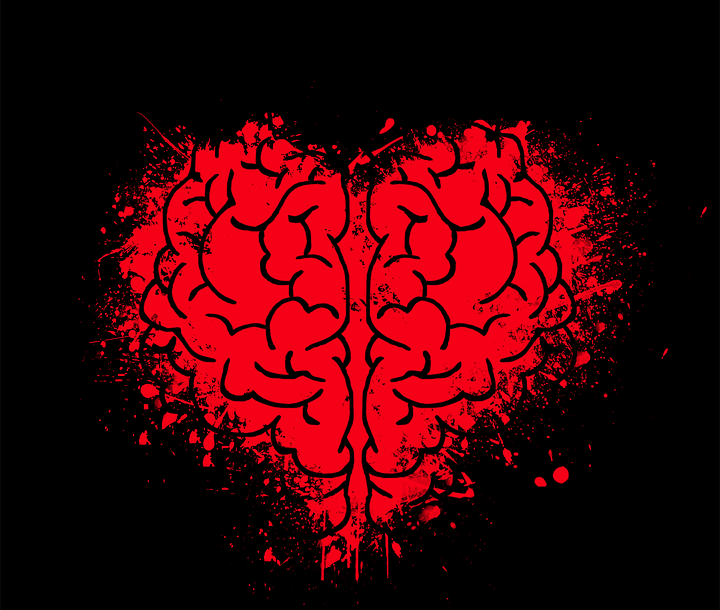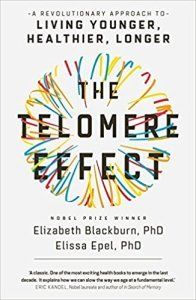Do you Focus or Fixate?
What does it mean to us when we focus or fixate and what can we do to shift our attention? Here are a few thoughts we had over a coffee, when it was the safe to do so ...
Neena
A key learning for me during my mindfulness journey has been the focus vs fixation of my attention. During the past year this has been a constant for many I'm sure. With such a change in lifestyle I wanted to share three strategies that may help you increase your awareness and demonstrate how you can develop your own coping mechanism.
Here’s an analogy that was presented to me and it resonated loud and clear. Fixated attention is like a cumbersome, murky, block of ice – Focused attention is like a flowing stream.
Fixating on objects, sensations, feelings and thoughts during the day for many of us is a regular occurrence. As soon as they arise in our awareness they are automatically coloured by our perception. Consider that you have a performance review scheduled for later today, how many times have you fixated on that and what automatic colouring have you applied to it? How much effort have you put into ruminating about it? Fundamentally what can you do until it starts? More importantly what have you not done as a consequence of fixating about it?
Mindfulness has enabled me to become aware of my automatic colouring, identify when I’m fixating and enabled me to redirect my attention and focus on the flowing stream.
Neets
I have noticed that when I focus my attention everything is possible, I’m flying, I have the brain power to apply to whatever I’m doing, and my energy feels light and mischievous. It’s about fun and travelling light.
On the other hand when I fixate my attention, I feel irritated, I’m a bit repetitive and also my energy feels heavy – like I’m carrying a huge amount of baggage that just needs to be checked in so that I can travel through life with freedom and ease.
It takes a huge amount of effort to be aware of where I place my attention, for example it’s easy to fixate as it can be like being on auto pilot.
I’m lucky enough to be surrounded by people who I can talk things through with and whilst talking out aloud I can hear myself and notice easily where I am placing my attention. Another way I move out of fixating is to say to myself 5,4,3,2,1 go and think in a focused and positive way.
Carol
When I moved from the UK – to Anchorage, Alaska – literally to the other side of the world. It’s an exciting adventure and a huge change, everything is different.
Driving is just one example of something that is different, and I'd catch myself fixating about – something that I wouldn’t normally even think about – but here driving a brand new car, on the other side of the road in icy conditions means that it’s not so straightforward.
After the first couple of weeks of avoiding driving and worrying about it before I even got in the car, I realised I was missing out and this needed to change.
Three things I’ve done to break free of this fixation:
1. To do it, to get into action and just drive. I scheduled appointments with friends (so I couldn’t back out of it) and slowly I’m building up actual examples (opposed to the stories in my head) of how it’s fine. The next time I get in the car I think about the easy journey of yesterday, replacing the ‘what if I drive the wrong way down the road’ story I was obsessing about.
2. Talking about it. I told a friend and she sympathised totally and told me some of her stories of how she felt when she first started driving in Alaska. Suddenly it’s not just me and it’s not just in my head, which makes it less scary.
3. Humour. I’ve lightened up about it. Seen the funny side – like when I keep opening the passenger door and have to pretend that I’m just putting my bag on the seat before I walk round to get in the driver’s seat!
Anchorage is beautiful and wherever I am I can see amazing mountains. Their vast steady presence always reminds me how lucky I am to be here. That gets me grounded and present again and slowly I’m letting go of my worry and I’m actually starting to enjoy my journeys in the car.
Thanks to Anita and Carol for sharing.
So have you found yourself fixating recently, what can you do to manage this and can I help?
Neena Speding
MSc Psychology & Neuroscience of Mental Health
MSc Psychological Sciences
MBPsS
Chartered MCIPD
First-class BSc (Hons) HRM, PGCE.

The relationship between mindfulness and stress is well documented. Our awareness of stress and the negative impact it has on ours and other lives is becoming more perceptible. Mindfulness, as a stress reducing therapy, is becoming increasingly used in clinical practice and its impetus in and outside the workplace is gaining steady traction.







